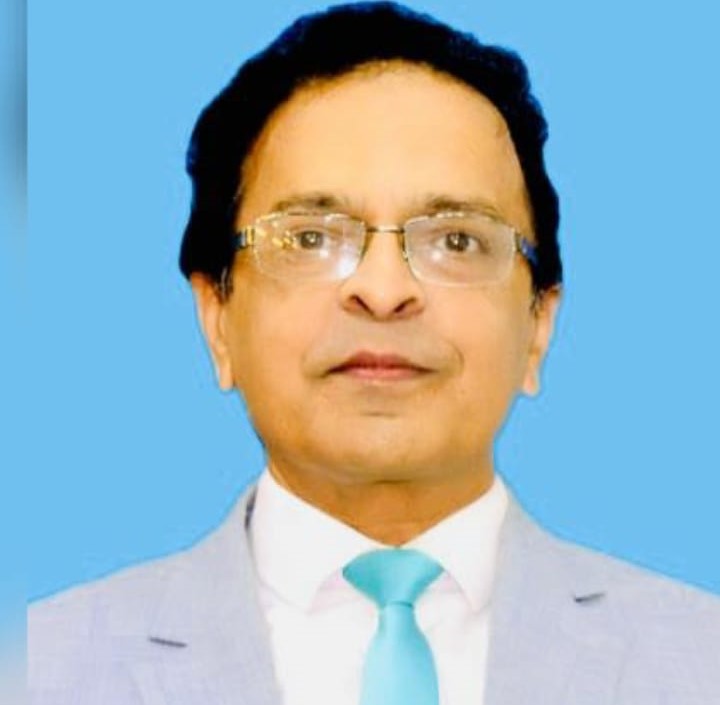Agriculture is the jugular vein of the economy of Pakistan. We have been confronting a dilemma situation in agriculture. Productivity of all major crops including fruits and vegetables is not increasing optimally to match the emerging needs of population. This is partially due to the fact that research in agriculture is not being commercialized and partially due to the prevalence of distorted market structure backed by missing regulatory arrangements. The sector thus needs special attention in terms of public policy reforms and sustainable strategies for overall rural development of the country.
Agriculture sector is confronting both risk and uncertainty. Over production is never considered good news. We have occasionally witnessed price crash followed by bumper crops. Market structure is fractured to the extent that high produce does not remain in the control of stakeholders. A long chain of intermediaries is also creating frictions in the market. Information asymmetries are going against the farming communities. The failure on the part of Competition Commission of Pakistan, regulators and market managers is highly associated to uncontrolled price mechanism. To add to the injury, shortage of some crops is a classical evidence followed by any bumper crops.
The jurisdiction of Research and Development (R&D) is not clearly defined at most of the institutes, departments and universities. At several occasions, it is difficult to determine who will do what. The standard techniques like that of Benchmarking and sectoral gap analysis are clearly missing. Whatsoever R&D is being practiced, it is in isolation from the efforts of policy formulation and implementation. The role of universities (more meant for HRD and academic research) and research departments (merely meant for varietal development and long term trials of crops) should be of coordination nature. Research jurisdiction of all state organs must be redefined keeping new challenges in view in the agrarian economy of Pakistan.
Author

Dr. Abdul Saboor
Professor of Economics. Dean, Faculty of Social Sciences, PMAS Arid Agriculture University, Rawalpindi
History is witness of the fact that we have been focusing much on various research projects most of which are executed for the benefits of rich and large farmers. Such projects are generally designed in hurry and half-hearted efforts are made in the accomplishment of these development projects. Resultantly, the benefit is either skewed in few hands or in reality does not transmit to the poor. A program and policy-oriented approach is required. It is better to make a mistake in research rather than in development projects. The effectiveness of research projects can also be improved if meritorious environment is created in the grant of such projects. The key necessary condition is that a good chunk of R&D should be run through Public-Private Partnership (PPP). Corporate Social Responsibility (CRS) could also be mobilized for this purpose.
A strict price control mechanism needs to be established by avoiding market distortions and minimizing the role of intermediaries. Similarly, information asymmetries may be checked through ICT-based corrective measures. An ICT-based integrated repository system can be developed under the auspices of Planning and Development Departments of respective provinces. The universities and other research institutes should be under obligation to submit a soft and hard copy of research reports, thesis, conference proceedings and policy documents.
Private vendors of various fertilizer and pesticide companies take benefit of absence of extension workers and divert the attention of innocent farmers to wrong sides for gaining commercial motives. There should be regular training of extension staff with the involvement of agricultural department and universities. There is dual benefit of this capacity building. The extension staff would get latest knowledge and best practices being successfully implemented somewhere in the country. Moreover, the field problems would also be tabled by extension staff for further research in universities.
Theory of change revolves around humans who are the real change agents in policy and governance domains. The soft dimension of development in the research and scientific community is severely lacking. In the given value system, there is dire need of installation of “human software” to answer the complex questions and concerns in the policy and governance system of agriculture sector. If we fail to address the software problem, the subsequent hardware would not work on sustainable basis. We need to go for dialogue rather than monologue. Every one may not be important but the opinion of intellectuals should be heard and honored. Let the agrarian system operate in scholarly dialogue among all stakeholders; rest would be adjusted automatically.

